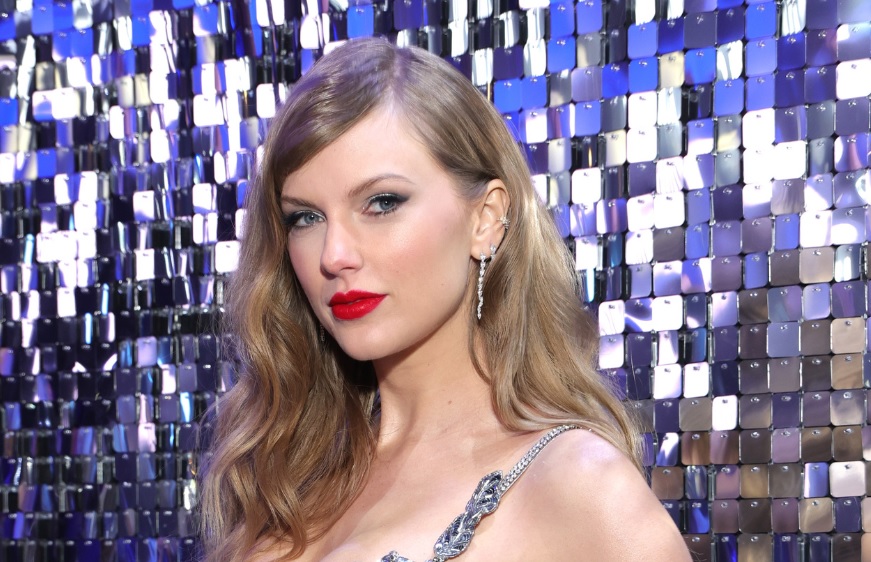Occasionally, though, the velvet glove comes off and the tightness of the star’s grip on her narrative becomes felt when people draw the “wrong” conclusions.
Last week, the New York Times published a 5,000-word comment piece speculating that Swift is secretly gay – as deduced from various lyrics and costuming choices – and suggesting that she owes it to queer fans and less privileged musicians to come out.
These notions are not news to the Swift hardcore, a significant number of whom identify as “Gaylor” conspiracists, certain that she has dated women throughout her life. But fans gleefully cross-referencing lyrics and dates online – often seeking an affirmative reflection of their own desires – is one thing.
A major global publication writing a prescriptive, even chastising, article seems both trivial and sinister – a good old-fashioned celebrity outing under the guise of social conscience, and one that unhelpfully essentialises sexuality to a behavioural code.
And as a much better NYT comment piece on queerbaiting put it last year: “As self-serving as some celebrity caginess can be, you can’t build a world in which everyone feels free to self-identify by ordering everyone to self-identify.”
Surprisingly, Swift’s usually invisible team – or “a person close to the situation”, as CNN reported – hit back. “Because of her massive success, in this moment there is a Taylor-shaped hole in people’s ethics,” they told CNN.
“This article wouldn’t have been allowed to be written about Shawn Mendes or any male artist whose sexuality has been questioned by fans. There seems to be no boundary some journalists won’t cross when writing about Taylor, regardless of how invasive, untrue and inappropriate it is – all under the protective veil of an ‘opinion piece’.”
















